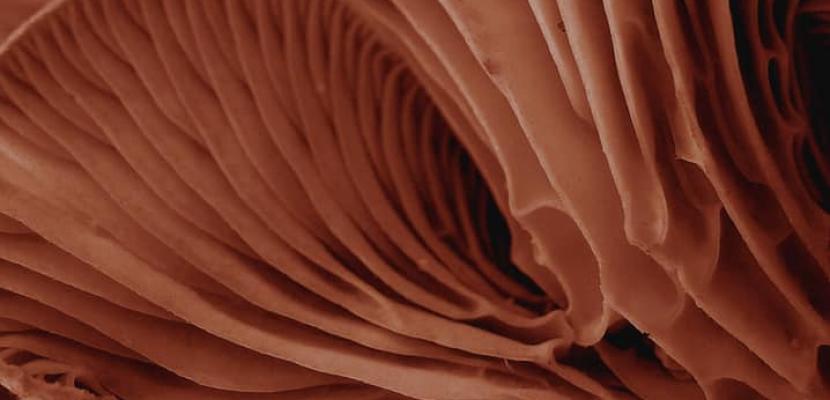
Coflab

About this good practice
Coflab is a Citamine spin-off. Citamine is a citizen movement that aims to turn Mechelen into an edible city through local urban food production. With Coflab, they promote the conversion of unused spaces in the city and locally produced organic waste streams into breeding grounds for local food production. A small scale oyster mushroom nursery has been set up, which is run by citizens who breed the mushrooms on the coffee grit produced as waste by the city departments . Citizens pick up the coffee grits with cargo bikes, and bring them to the nursery where they serve as nutrients for oyster mushrooms, which are then sold on the market to the broad public, as well as to some local restaurants. Thanks to Coflab's workshops, any citizen can learn how to produce oyster mushrooms at home on the basis of one's household coffee waste. Moreover, students from Thomas More university college are experimenting in Coflab thanks to the available equipment, sometimes in collaboration with or commissioned by entreprises, to create new coffee grit-based materials and products for a local bio-economy to be developed.
Expert opinion
Resources needed
Coflab basically needs just three things: unused space, coffee grounds and volunteers. With 60 m² and 3.300 kilograms of coffee grits, you can make 400 kilograms of oyster mushrooms.
Evidence of success
Coflab has created an ecosystem through a C2B business model, connecting citizens, local restaurants as well as local farmers and city staff for a regenerative local food production system with closed loops. In 8 months, the oyster mushroom nursery turned 770 kg of coffee grit from the city departments (= 38.500 coffee cups consumed by city staff) into 265 grow buckets good for 90kg oyster mushrooms. As such Coflab reduced 2080 kg CO2 emissions, or the CO2 absorbed by 83 trees.
Potential for learning or transfer
How to run a business on the basis of citizen involvement for circular economy. How to sensitize citizens, staff from local authorities and local restaurants, shortly the broad public, regarding the potential of circular and bio-based economy through a tangible story (storytelling is key)
Further information
Website
Good practice owner
You can contact the good practice owner below for more detailed information.

